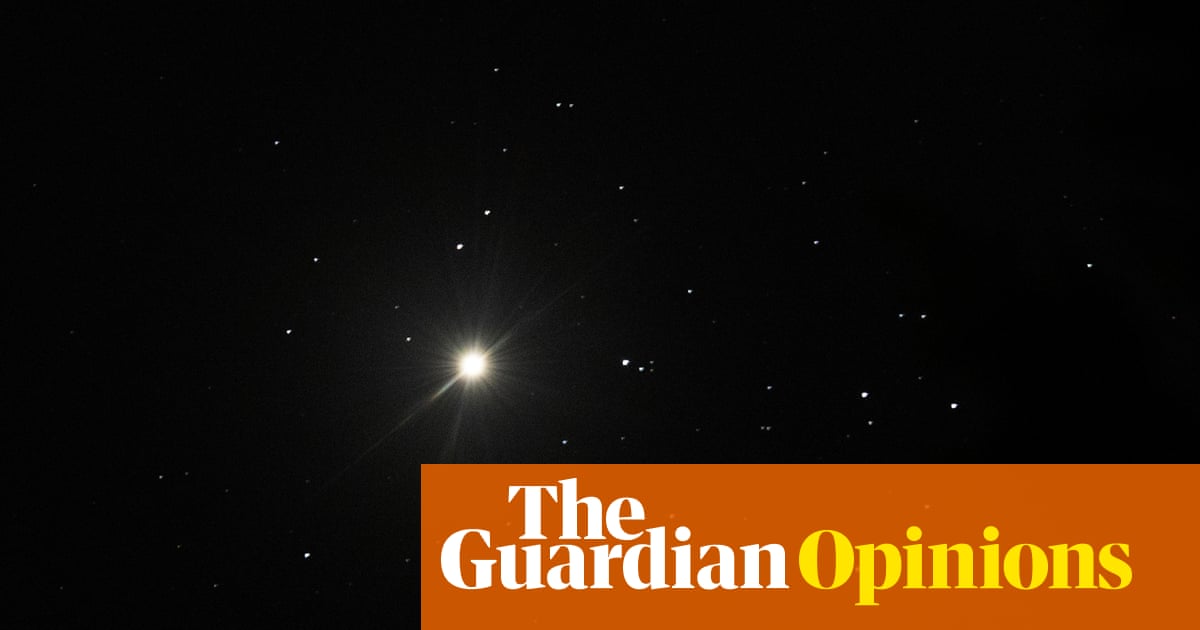
When the small Matariki cluster of stars becomes visible over New Zealand’s early Winter morning skies, the country’s indigenous Māori people mark the beginning of their New Year.
The prospect of making Matariki a public holiday sends a well overdue sign of respect to Māori traditions and knowledge and paves the way for greater understanding of our nation’s unique, shared identity.
As a little Māori girl attending kura kaupapa, a total-immersion Māori language school, Matariki was always a big deal.
I remember waking up before the crack of dawn in our school hall, dozens of Māori children sleepily pulling our jerseys over our heads before we ventured out onto the dewy rugby fields.
We huddled together in the cold for what felt like forever sometimes, singing traditional songs and reciting a type of Māori prayer, all in the hope of enticing the stars out from behind the clouds to catch a glimpse of Matariki.
The star cluster is also known as Pleaides or Seven Sisters, and traditionally Matariki followed the harvesting of kai or crops. At the time, the food storehouses or pātaka kai were full, thus freeing up time to honour ancestors and celebrate life.
Matariki is still celebrated by eating food and spending time with whānau (extended family), reflecting on the year that has been, acknowledging the dead and planning for the future.
This week, Jacinda Ardern announced that Matariki would be made a public holiday in 2022, should Labour be re-elected to government.
She told reporters that as well as boosting domestic tourism, Matariki will be a distinctly New Zealand holiday and a time to look to the future, taking increasing pride in the country’s unique national identity.
“As I’ve travelled around New Zealand, I’ve heard the calls for Matariki to become a public holiday – its time has come,” Arden said.
The prospect is significant for our nation, as it signals official recognition and respect for tikanga Māori (customs) and wider buy-in from New Zealanders. And it is overdue.
The Māori culture plays perhaps the most pivotal part in shaping the country’s unique national identity, and Māori have long been calling for official recognition of important events.
Despite this, there has not been one public holiday in New Zealand dedicated to Māori culture and traditions.
In the past decade, there have been growing calls to teach the history of the New Zealand Wars in schools and to mark the traumatic events with a public holiday. In 2016, the government announced a Day of Remembrance for the wars, but no holiday.
Over the years, Matariki has grown in popularityacross New Zealand with school children embracing the Māori New Year and various events across the country marking the special time.
Labour’s promise has drummed up excitement and will go down well with many, but the way it was announced has already drawn criticism from Māori.
Māori are acutely aware that the announcement ahead of October’s election smacks of dangling a carrot ahead of voting. And it will not be enough to distract Māori voters from the Labour-led government’s average record on Māori issues.
The rate of Māori children in state care remains grossly disproportionate to non-Māori and calls for heads to roll at the Ministry of Children have fallen on deaf ears. Māori freshwater rights have not been addressed. Māori incarceration rates are extreme.
We are still holding out for a resolution to the Ihumaatao land dispute in Auckland, which drew nationwide attention when Māori land protests halted a major housing development.
There are concerns about how another public holiday will impact businesses, already under strain due to the fallout of the Covid-19 pandemic. It has got people talking about whether New Zealand should celebrate the Queen’s birthday anymore.
But it has been nearly 50 years since the last public holiday was introduced, Waitangi Day, and there is appetite for a new one. Matariki is a good choice for Labour, as it is centred on culture and celebration, not race-relations or war.
Matariki is a time to take stock of the year that has been, to be surrounded by friends and whānau, to eat and relax, and to celebrate new beginnings.
In the wake of the pandemic, this year’s Matariki felt even more significant for me. Like many communities around the world, Covid-19 and its restrictions have taken a heavy toll on our people and so the prospect of starting afresh in July was comforting. It would have been great if more people could have enjoyed the feeling.
Leigh-Marama McLachlan is a former Māori News Correspondent based in New Zealand. She leads communications for her Māori tribe and Te Awa Tupua, the first river in the world to gain legal personhood status.
The Link LonkSeptember 08, 2020 at 06:56AM
https://ift.tt/35blfrX
Ardern's promise to make Māori new year a public holiday is long overdue - The Guardian
https://ift.tt/2QoXNjh
Holiday

No comments:
Post a Comment